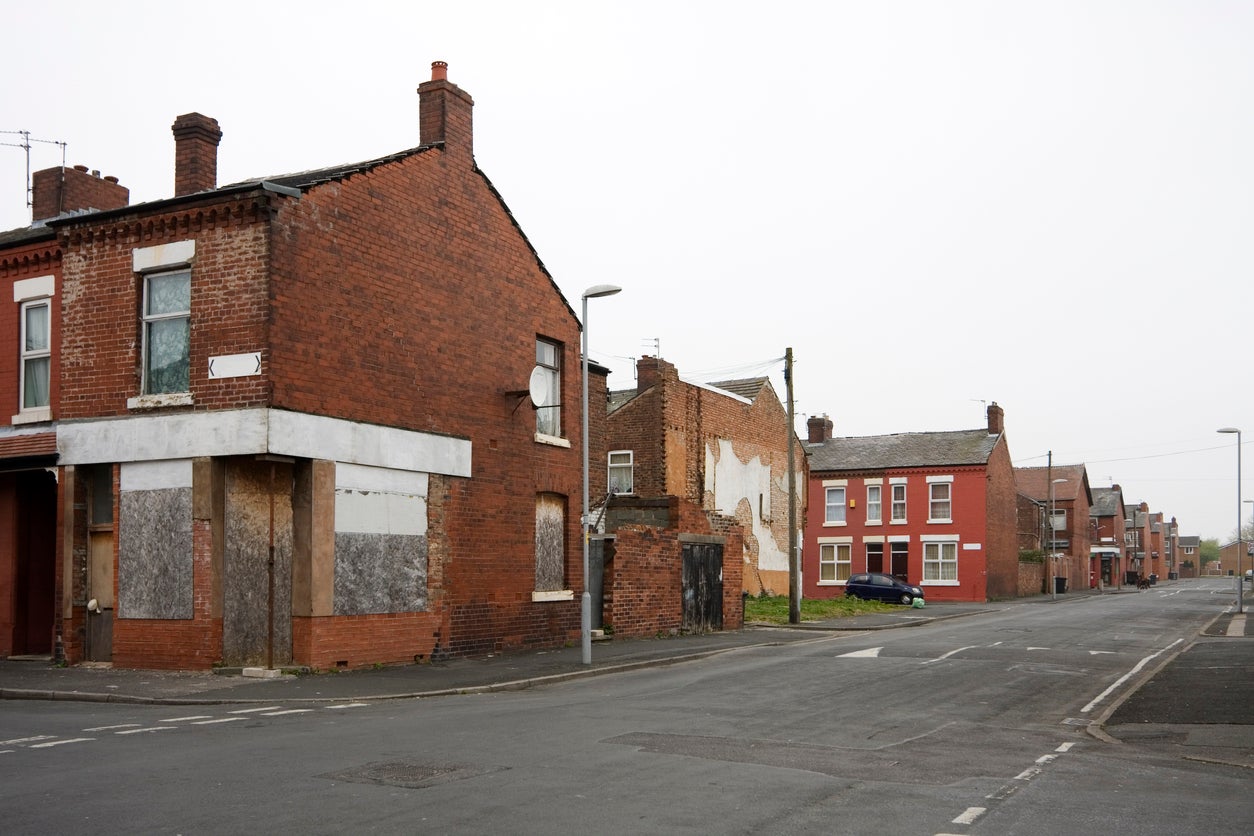‘Alarming’ decline in life expectancy in northern England
Figures show downwards trend started before pandemic

An “alarming” drop in life expectancy has been recorded in communities in several cities across northern England over the past decade, according to a new study which says the decline started before the Covid pandemic hit the UK.
Areas in cities including Leeds, Newcastle, Manchester, Liverpool and Blackpool had the lowest levels of life expectancy in England, according to researchers at Imperial College London.
The researchers who conducted the study said differences between the north and south were becoming increasingly stark.
In 2019, there was about a 20-year gap in life expectancy for women living in communities with the highest and lowest life expectancies.
One area in Camden, north London had a life expectancy of 95.4 years compared to a community in Leeds where a woman was expected to live until 75.
For men, the gap was around 27 years. A man living in Kensington and Chelsea, also in London, was expected to live until 95.
In one part of Blackpool life expectancy for men was 68.
“There has always been an impression in the UK that everyone’s health is improving, even if not at the same pace. These data show that longevity has been getting worse for years in large parts of England,” Professor Majid Ezzati, senior author of the study, said.
“Declines in life expectancy used to be rare in wealthy countries like the UK, and happened when there were major adversities like wars and pandemics.”
He added: “For such declines to be seen in ‘normal times’ before the pandemic is alarming, and signals ongoing policy failures to tackle poverty and provide adequate social support and health care.”
For the study, funded by the Wellcome Trust and published in the Lancet Public Health journal on Tuesday, researchers analysed all deaths in England between 2002 and 2019.
There were a total of 791 local communities included in the analysis, and the researchers assessed life expectancy trends over time for each of these for men and women.
The study found that between 2002 and 2010 the vast majority of communities saw their life expectancy increase but declines started after 2010.
Life expectancy fell in nearly one in five communities for women, and one in nine communities for men between 2014 and 2019, according to the study.
The researchers said poverty, insecure employment and reductions to welfare and healthcare funding contributed to the drop.
Prime minister Boris Johnson in a July 2021 speech described the life expectancy discrepancies as an “outrage”.
The government says it is committed to “levelling up” the country.
Join our commenting forum
Join thought-provoking conversations, follow other Independent readers and see their replies
Comments
Bookmark popover
Removed from bookmarks